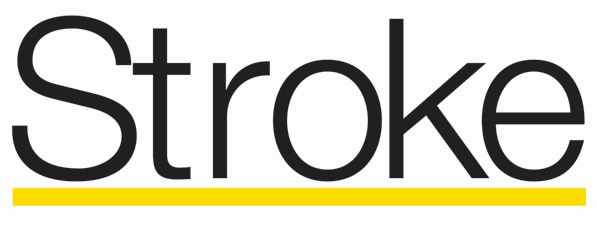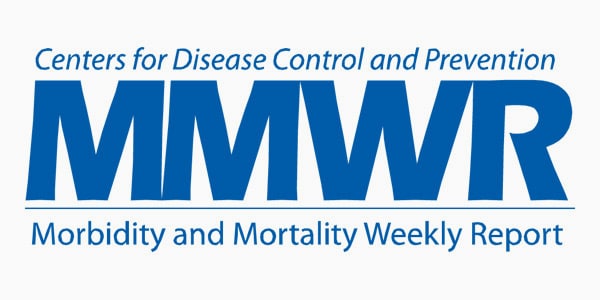Abstract and Introduction
Abstract
Background: Poststroke cognitive impairment (PSCI) occurs in about half of stroke survivors. Cumulative evidence indicates that functional outcomes of stroke are worse in women than men. Yet it is unknown whether the occurrence and characteristics of PSCI differ between men and women.
Methods: Individual patient data from 9 cohorts of patients with ischemic stroke were harmonized and pooled through the Meta-VCI-Map consortium (n=2343, 38% women). We included patients with visible symptomatic infarcts on computed tomography/magnetic resonance imaging and cognitive assessment within 15 months after stroke. PSCI was defined as impairment in ≥1 cognitive domains on neuropsychological assessment. Logistic regression analyses were performed to compare men to women, adjusted for study cohort, to obtain odds ratios for PSCI and individual cognitive domains. We also explored sensitivity and specificity of cognitive screening tools for detecting PSCI, according to sex (Mini-Mental State Examination, 4 cohorts, n=1814; Montreal Cognitive Assessment, 3 cohorts, n=278).
Results: PSCI was found in 51% of both women and men. Men had a lower risk of impairment of attention and executive functioning (men: odds ratio, 0.76 [95% CI, 0.61–0.96]), and language (men: odds ratio, 0.67 [95% CI, 0.45–0.85]), but a higher risk of verbal memory impairment (men: odds ratio, 1.43 [95% CI, 1.17–1.75]). The sensitivity of Mini-Mental State Examination (<25) for PSCI was higher for women (0.53) than for men (0.27; P=0.02), with a lower specificity for women (0.80) than men (0.96; P=0.01). Sensitivity and specificity of Montreal Cognitive Assessment (<26.) for PSCI was comparable between women and men (0.91 versus 0.86; P=0.62 and 0.29 versus 0.28; P=0.86, respectively).
Conclusions: Sex was not associated with PSCI occurrence but affected domains differed between men and women. The latter may explain why sensitivity of the Mini-Mental State Examination for detecting PSCI was higher in women with a lower specificity compared with men. These sex differences need to be considered when screening for and diagnosing PSCI in clinical practice.
Graphic Abstract: A graphic abstract is available for this article.
Introduction
Poststroke cognitive impairment (PSCI) is a common consequence of ischemic stroke, and a leading cause of long-term disability and reduced quality of life.[1] PSCI occurs in approximately half of stroke survivors within the first year.[2,3] Early detection of PSCI can facilitate tailored rehabilitation and informed planning for long-term needs.[4]
Accumulative evidence indicates that functional outcomes of stroke are worse in women compared with men. A review on sex differences in stroke outcomes showed that women experience more activity limitations, worse quality of life, and more poststroke depression than men.[5] Whether women and men differ with regard to PSCI is less clear,[5] since only limited and heterogeneous studies are available,[6–10] which differ in the definition of PSCI and cognitive assessment protocols. Most studies used a global measure of cognitive functioning, measured with screening tests like the Montreal Cognitive Assessment (MoCA). This reflects clinical practice, as a screening test is more readily available and quicker than multidomain cognitive assessment. Moreover, it remains unclear whether the cognitive profile of PSCI, that is, affected cognitive domains, differs between women and men. In Alzheimer dementia, differences in cognitive profile between women and men have previously been shown, therefore such differences might also apply to other forms of cognitive impairment, such as PSCI.[11]
We aimed to investigate sex differences in the occurrence and type of PSCI in patients with acute ischemic stroke. As a secondary objective, we explored sex differences in the sensitivity and specificity of cognitive screening tools to identify PSCI.
Stroke. 2023;54(9):2296-2303.. © 2023 American Heart Association, Inc.













